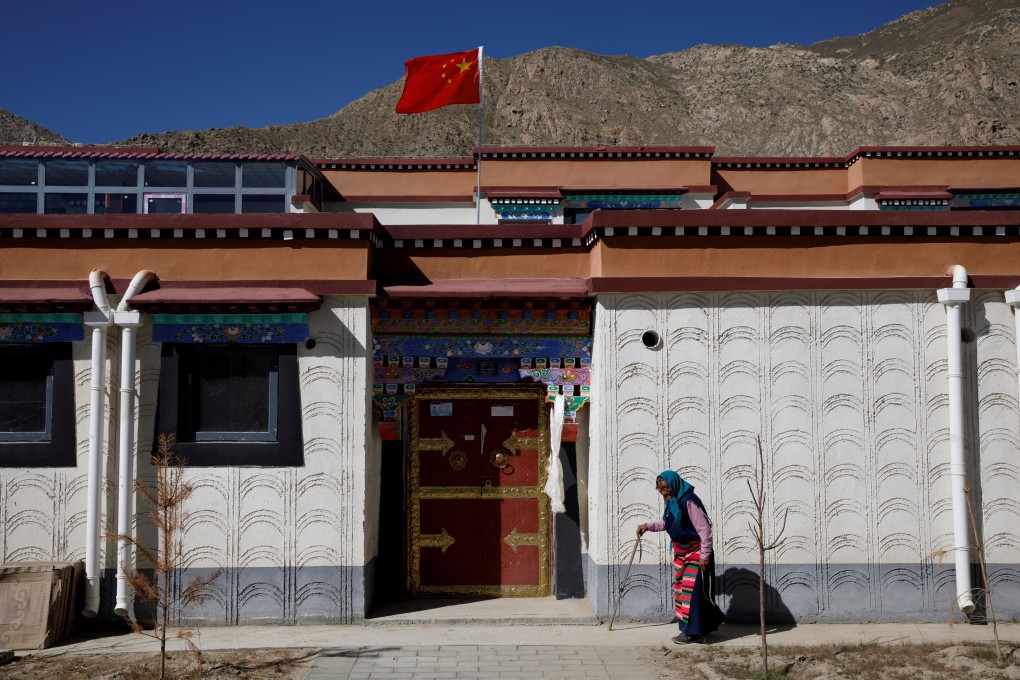Advertisement
Tibetans not obliged to take part in ‘labour transfer programme’, regional government chief says as it is likened to Xinjiang camps
- Scheme designed to help local people learn new skills find work, regional government chairman Qizhala says
- But authorities also planning to run propaganda and educational campaigns to free Tibetans from their ‘negative religious influences’, he says
Reading Time:2 minutes
Why you can trust SCMP

The head of the regional government in Tibet has defended a scheme designed to find work for local people in other parts of China, saying it is completely voluntary and anyone taking part in it is free to return home any time they like.
Qizhala, the chairman of the autonomous region, said on Thursday that the “labour transfer programme” was designed to create jobs and improve Tibetans’ living standards.
“We give them subsidies for round-trip travel to destinations outside Tibet,” he said. “They are welcome to return if they want and we are more than willing to let them see the world outside.”
Advertisement
Qizhala, who goes by just one name, is an ethnic Tibetan from southwest China’s Yunnan province who previously served as Communist Party secretary of Lhasa, the Tibetan capital.
Western critics of the Tibetan labour programme have sought to liken it to the internment camps set up in Xinjiang in which an estimated 1 million ethnic Uygurs are reported to have been subjected to political indoctrination and a form of detention akin to forced labour.
Advertisement
Advertisement
Select Voice
Select Speed
1.00x